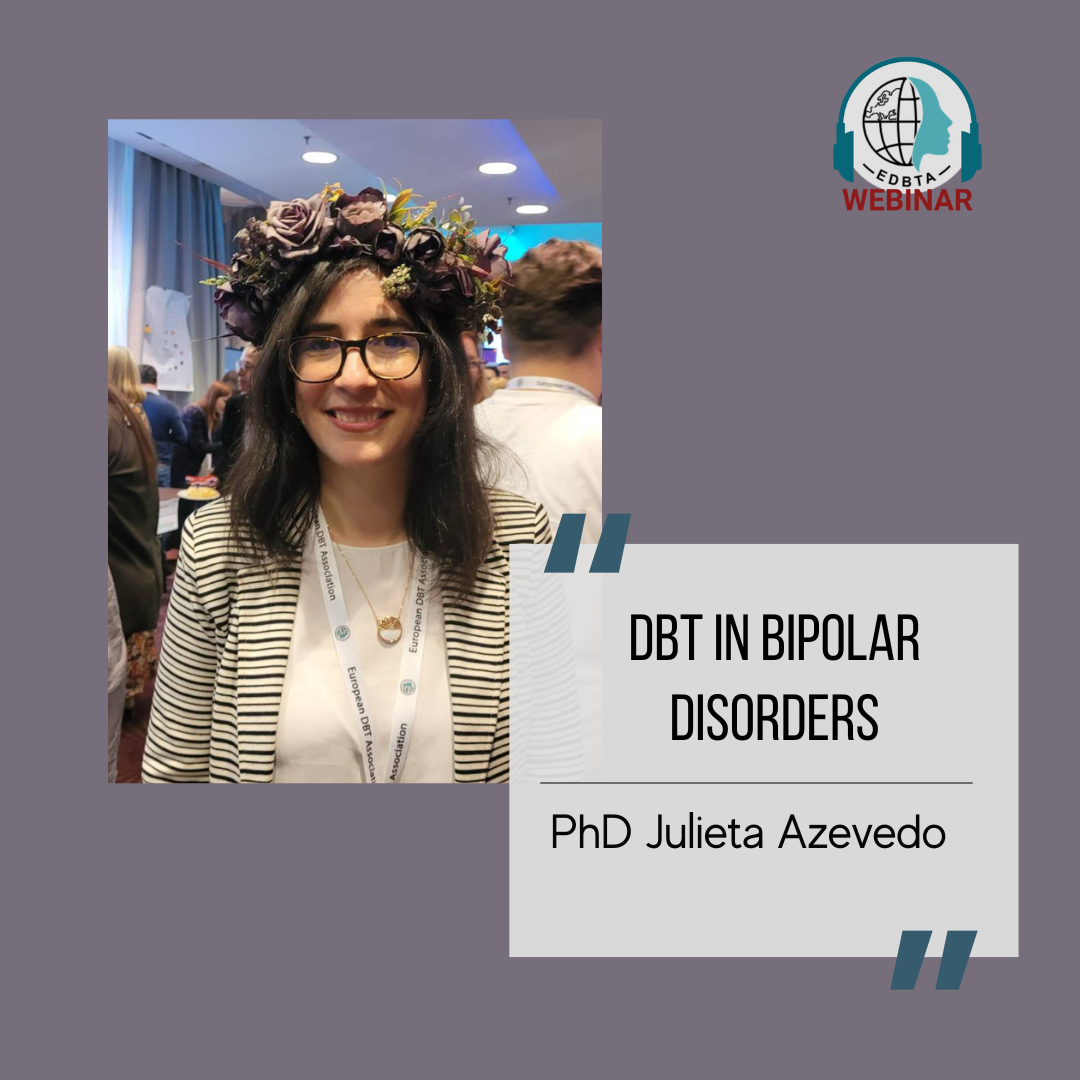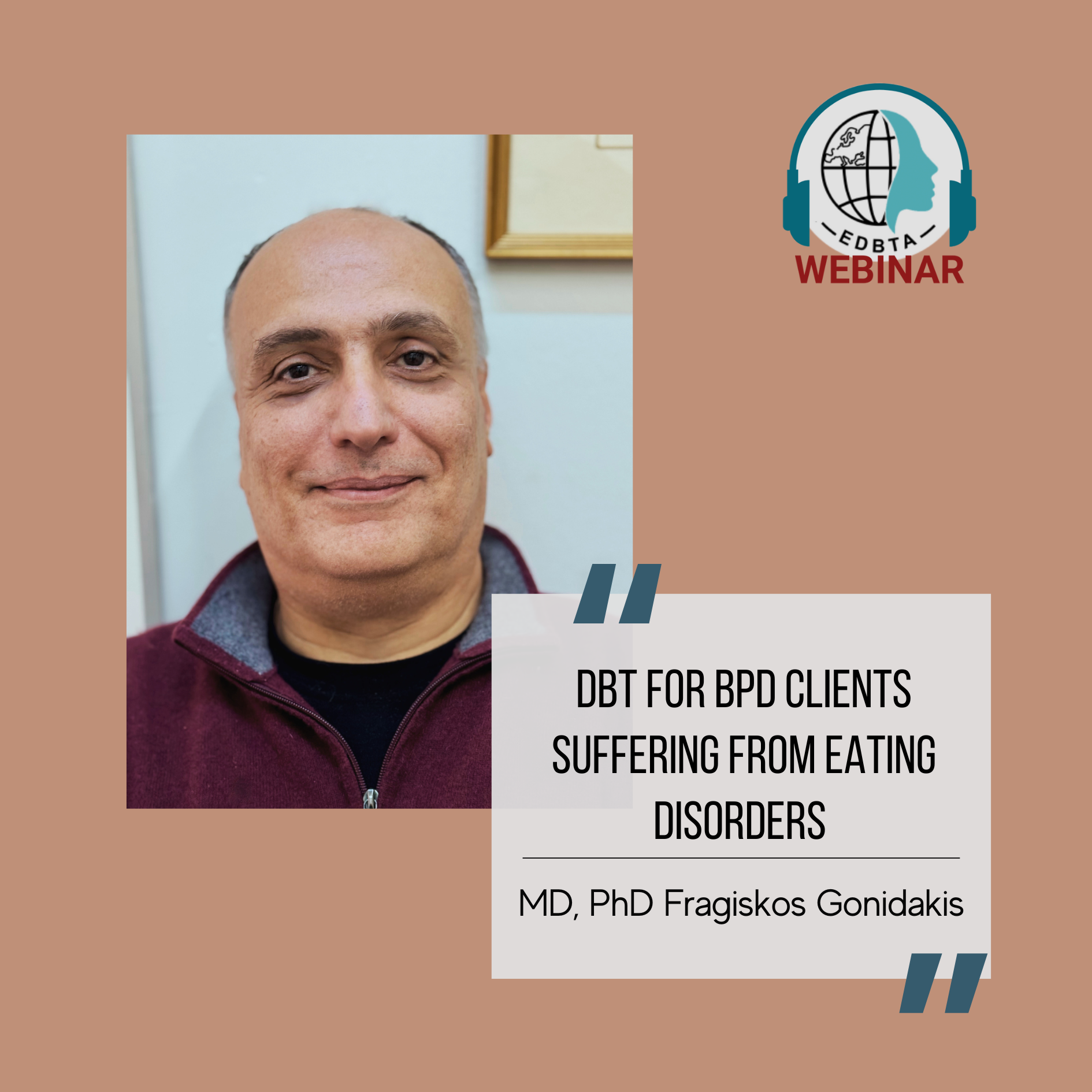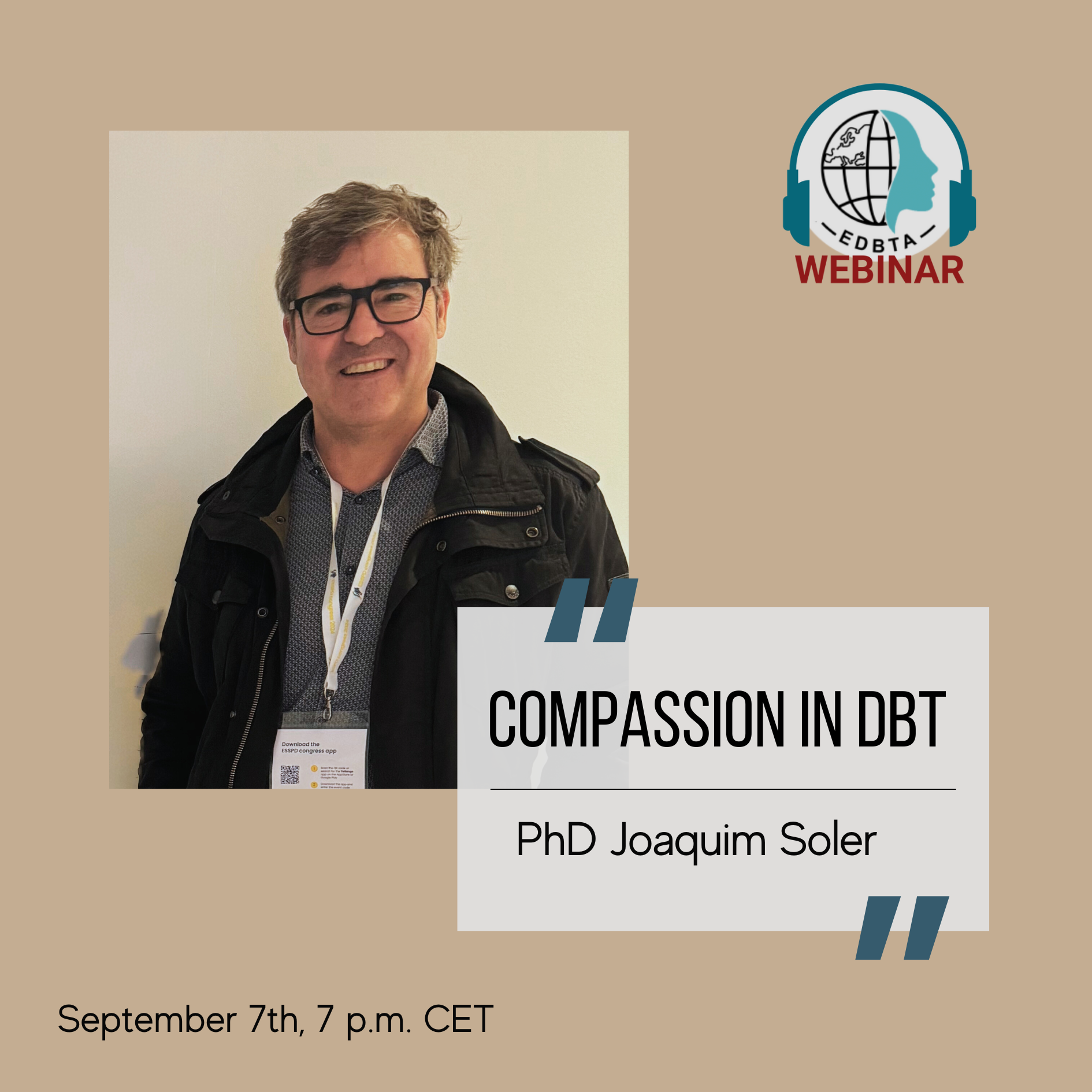Your cart is currently empty!

Julieta Azevedo – DBT in bipolar disorders
Julieta Azevedo is a clinical psychologist and researcher based at the Mood Disorder Research Centre at the University of Exeter. She also works as a benchmarking analyst and consultant with British Isles DBT Training. Her expertise lies in adapting and developing evidence-based interventions for individuals with mood disorders—particularly those living with bipolar disorder and treatment-resistant depression.
Julieta’s journey into DBT began during her PhD, where she saw the potential of the biosocial model to address pervasive emotion dysregulation—often at the core of bipolar presentations. Through her doctoral research, she created a DBT-informed pilot intervention specifically for people with bipolar disorder. What stood out most wasn’t just the promising outcomes—but the enduring impact on participants, many of whom continued practicing the skills well beyond the study.
Her work bridges rigorous academic research with deeply compassionate, practical care. Whether in the therapy room or in the lab, Julieta is committed to expanding access to adapted DBT interventions for those often overlooked by conventional treatment.

